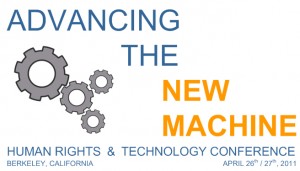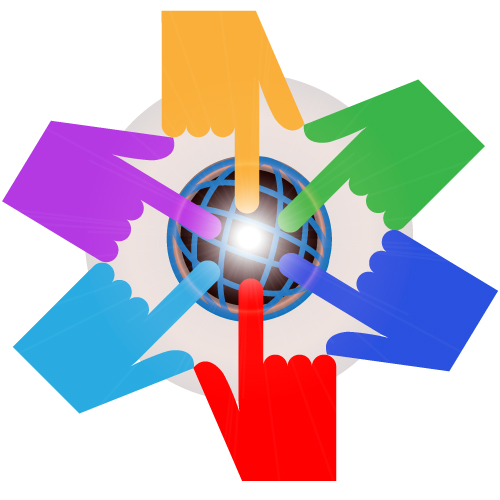
It’s been a few days, and I now have some time to write down my impressions of the Advancing the New Machine Human Rights Conference held in Berkeley last week. Like all conferences, some presentations were amazing, and some not so much. But overall, Berkeley Human Rights Canter did a great job of fitting a lot of interesting speakers into a two-day program. Most of the time, there were two sessions running at the same time—I found that annoying, since I wanted to be at two place at once on several occasions! But I got to talk to many presenters and was able to download their slides. I’ve asked permission to share a few of those slides with the ICT & Human Rights group on LinkedIn, which is what I’m doing with this blog. Please note that I’m only posting what I found to be particularly interesting to me and to the members of ICT & Human Rights group. UN Global Pulse This was one of the first presentations of the conference, part of the “Ignite Talks.” The speaker was Robert Kirkpatrick, Director of UN Global Pulse. Robert talked about how cell phones can be used to monitor population’s well…

